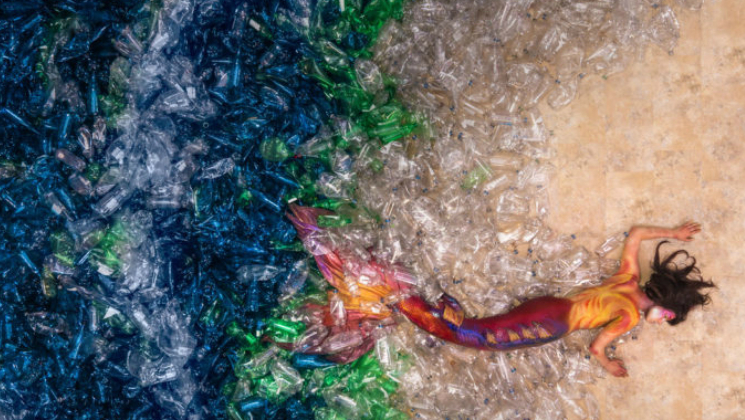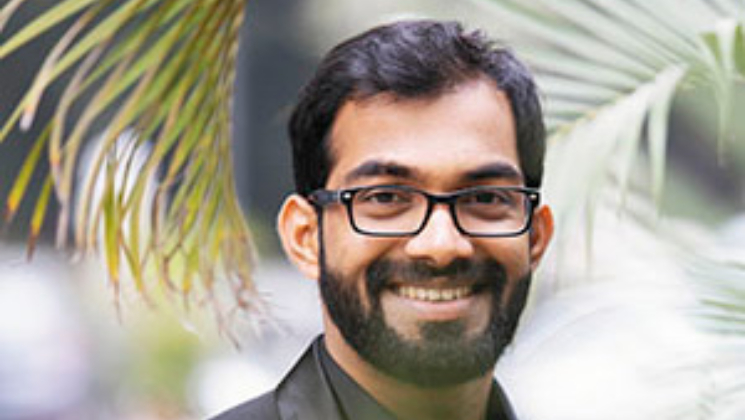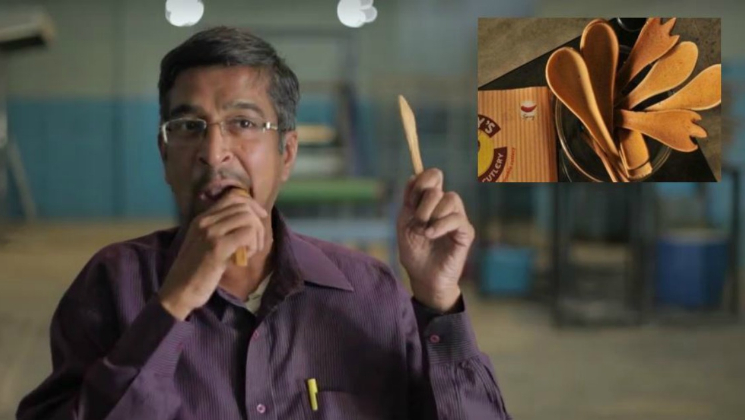- Sponsored -
Green Plastic revolution –The future of toxic plastic waste in India

Does India have an answer for toxic plastic?
- Sponsored -
Years of continuous plastic usage has made us dependent, we are living in a pool of plastic and one way not so far we will perish.
Unless we act on it, and take what is rightfully ours. We might lose out on what we call our very own home.
Our mother earth is sinking with the toxic waste we have dumped inside her. Sometimes, it only takes an idea to undo our misdoings. But once its work is done and discarded, it poses a massive threat to the ecosystem – something many of us like to forget for its sheer usefulness. As our environment has deteriorated at alarming rates, the awareness of its realities has given rise to some pretty incredible innovations providing every day, useful alternatives to this material that is so embedded in our lives.
Meet the people, who are one in a few to start a chain of difference.
Ashwath Hegde

Envigreen is not just a brand, it is a Green Technology. Envigreen’s products are made from natural starch, vegetable oil derivatives and vegetable waste. Made from 100% organic and biodegradable materials like natural starch, potato, tapioca, corn, vegetable oil, banana, and flower oil, the bags are not only eco-friendly, they’re also edible! They will not cause harm to animals if ingested – so no more wincing every time you see goats, dogs, and cows munching on bags. The bags are designed to dissolve in a glass of water at room temperature within a day, and boiling water within fifteen seconds. Even if these bags are chucked out on the street they will naturally degrade in less than 180 days.These products are non-toxic to the environment, animals and plants. Evergreen contains no conventional plastics at all.
Envigreen is on a mission to make the world plastic free and you can join us as a distributor to reach our goals. With Operations in the Middle East and South-East Asian countries, Envigreen operates from its corporate office in Bengaluru with global ambitions.
There product authentication.
Certified By Central Institute of Plastics Engineering & Technology.
Certified By Karnataka State Pollution Control Board.
Certified By Shriram Institute for Industrial Research.
Tested By Karnataka State Pollution Control Board.
Narayana Peesapaty

When we hear edible, then something which we can eat comes to our mind. Usually, we mean something which we can eat and digest is edible. But here, there is another term cutlery attached to it. Now we wonder how a cutlery can be edible? How can we eat a cutlery? How will it feel like eating the spoon along with the dish? Well, we may think that there must be any hidden technology behind it. Maybe it is an innovation of a food technologist – Cutlery that we can eat viz. Edible Cutlery
ORIGIN OF BAKEYS INDIA
But putting an end to all our queries a researcher of ICRISAT, Narayana Peesapaty came up with this innovation. He set up Bakeys India in 2011 in Hyderabad. He holds BSC (Hons) in Chemistry from Osmania University and MBA from IIFM- Bhopal. Later he worked as Senior Scientific Officer at International Water Management Institute (IWMI). He is the Founder and Managing Director of Bakey’s Foods Private Limited. He believes that change is the nature of the world. And we should be the instruments of change before the change overtakes us.
Since disposable cutlery is meant to be used only once and then thrown into the garbage where it will end up in a landfill, it only makes sense to make the effort to have them decompose easily. This way, they don’t end up in oceans harming sea-life or in the stomachs of birds and other animals. In comparison to 450 years (the time it takes for plastic cutlery to decompose), 3 to 7 days doesn’t seem like a very long time to wait for this edible cutlery to decompose. Plus, you can put it in a composter.
- Sponsored -
